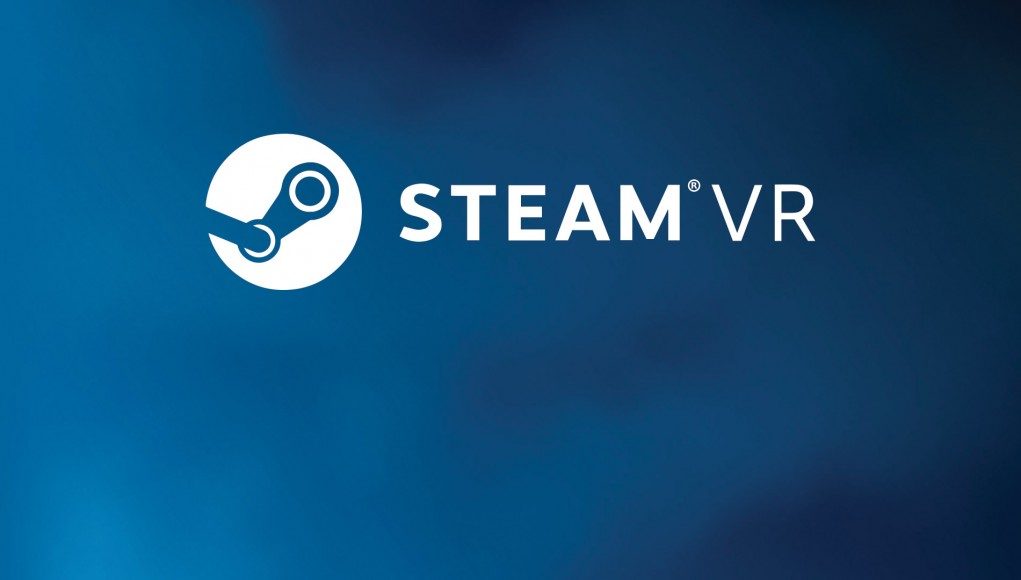It seems that those diligent boffins over at Valve have quietly released an update to their SteamVR platform which includes support for Oculus’ Touch motion controllers.
The disparity between experiences available on the two main competing VR systems on the PC, the HTC Vive and Oculus Rift are largely defined by their ability to track your hands in VR. The Vive, powered by Valve’s SteamVR included motion controllers in the box, underpinned by the its Lighthouse laser tracking system. Oculus’ solution to hand presence in VR however is yet to ship, with it’s excellent Touch controllers due to ship later this year.
Now, SteamVR has received an update which allows Oculus’ Touch controllers to be used with SteamVR and, apparently, pre-existing HTC Vive titles – even those built for the platform’s SteamVR controllers. Although we’ve not been able to independently verify this as yet. An image tweeted by Daniel Nyberg, shows both icons denoting Oculus Touch connectivity but also dual Oculus sensors (the second of which will ship with Touch controllers to improve coverage and negate occlusion).
This update is significant as it means that, once Oculus touch controllers do eventually ship, users of those devices won’t be restricted to motion control titles available only on Oculus’ proprietary content portal ‘Home’, expected to receive up to 30 Touch enabled titles this year. It also underlines Valve’s continuing commitment to ensure that regardless of your choice of VR hardware, you’ll be able to play SteamVR enabled games. Do note however that OpenVR, the API developers can use to access SteamVR functionality, still requires Steam to be installed and running in order to work.
As of now, users of Oculus Home can only play VR titles on that platform with Oculus Hardware, something the company has received criticism for in recent months.








